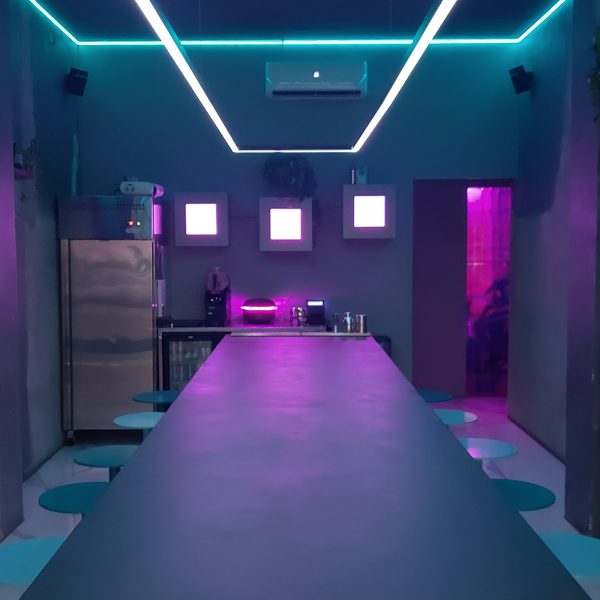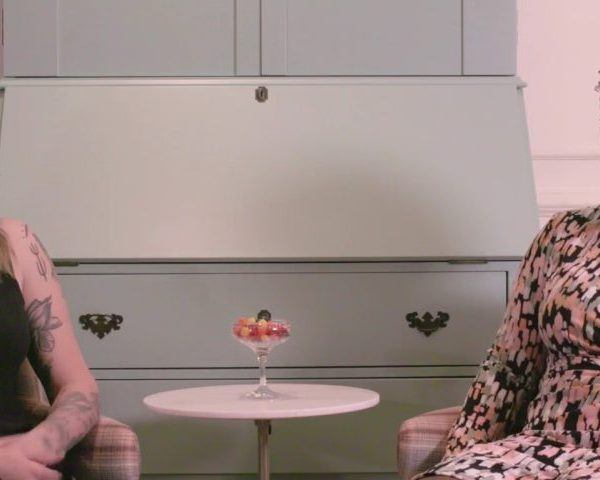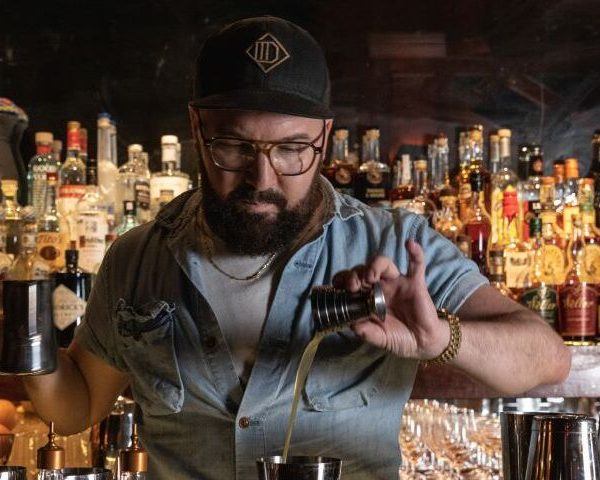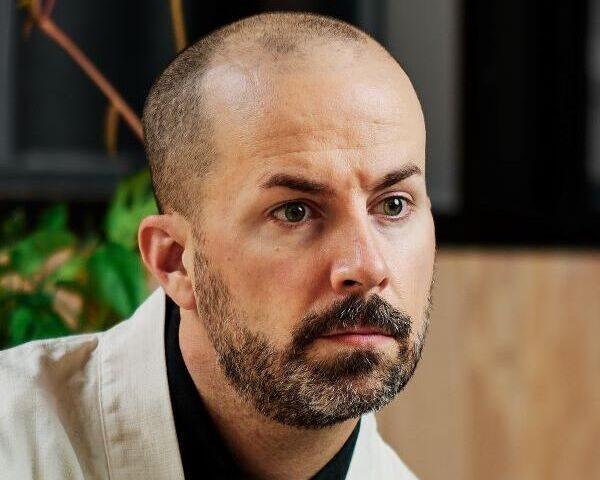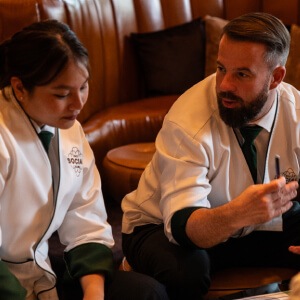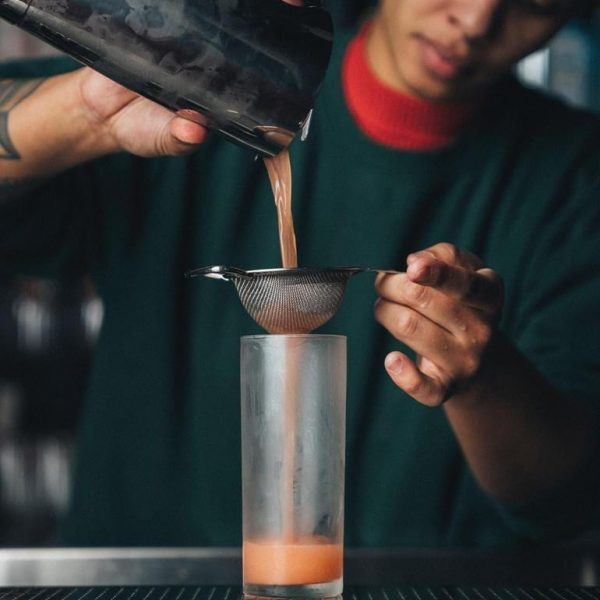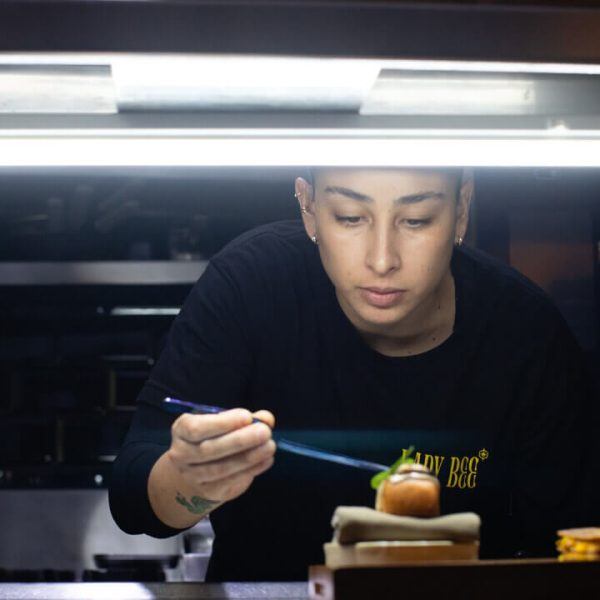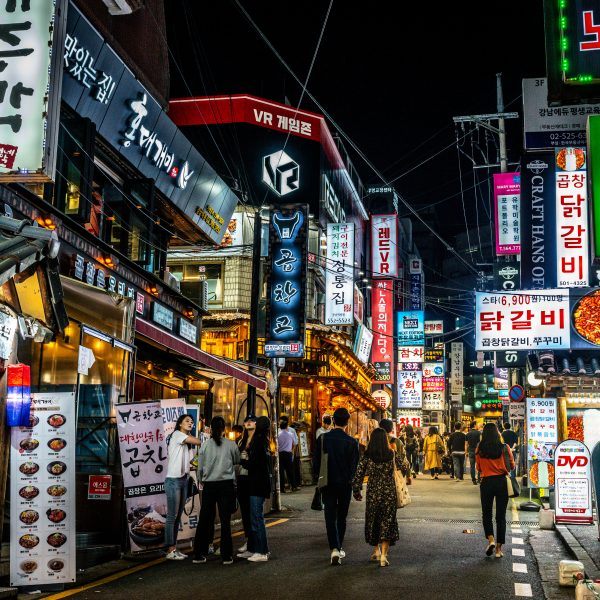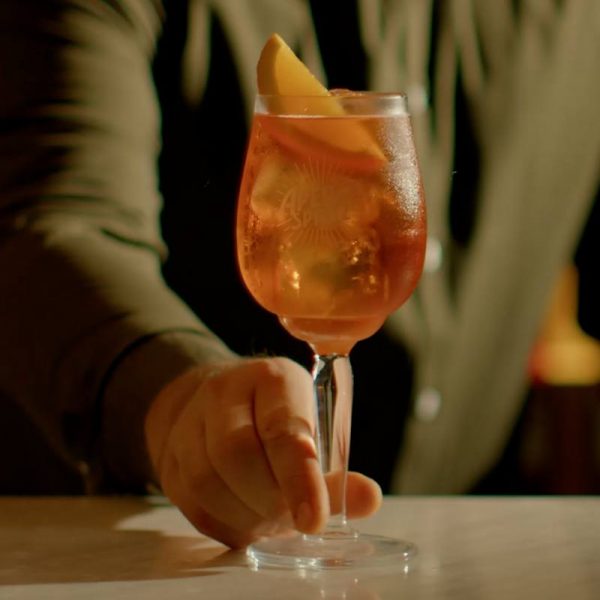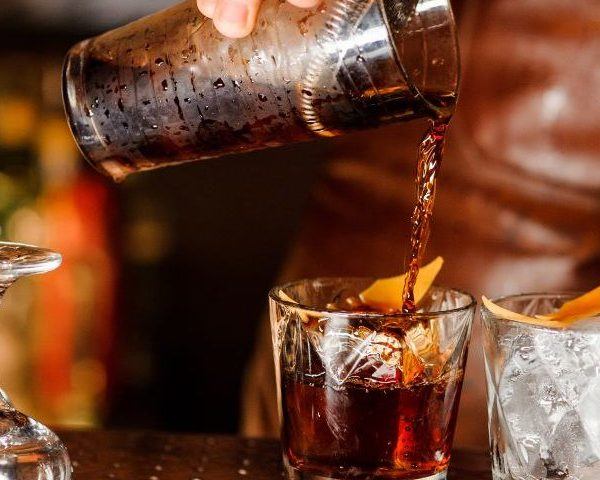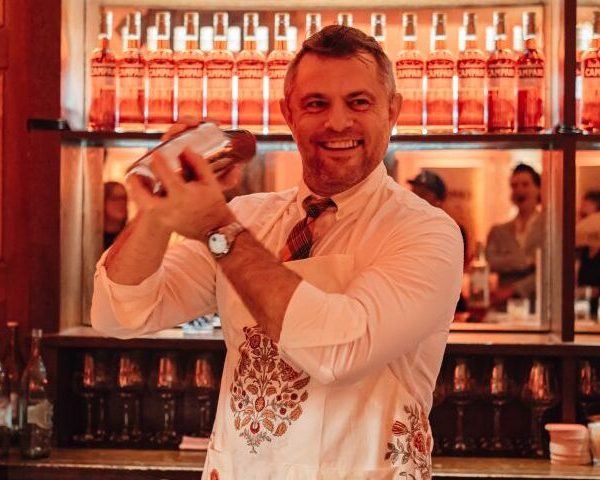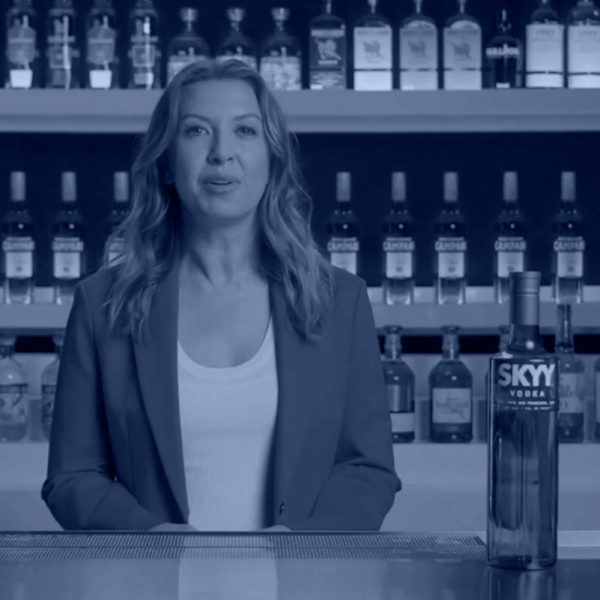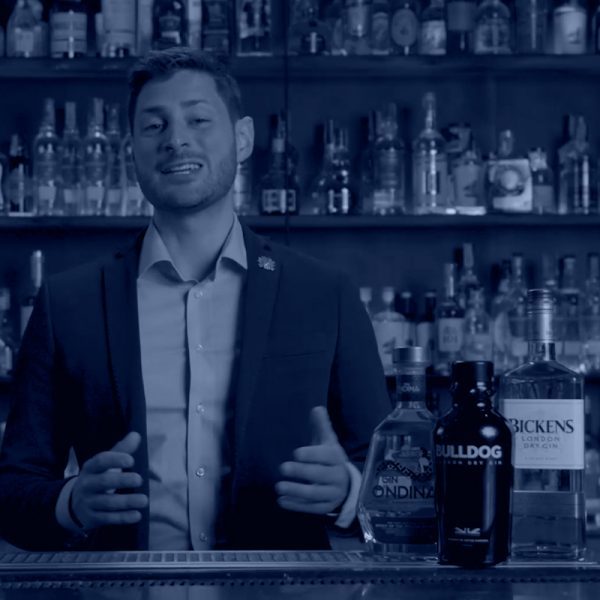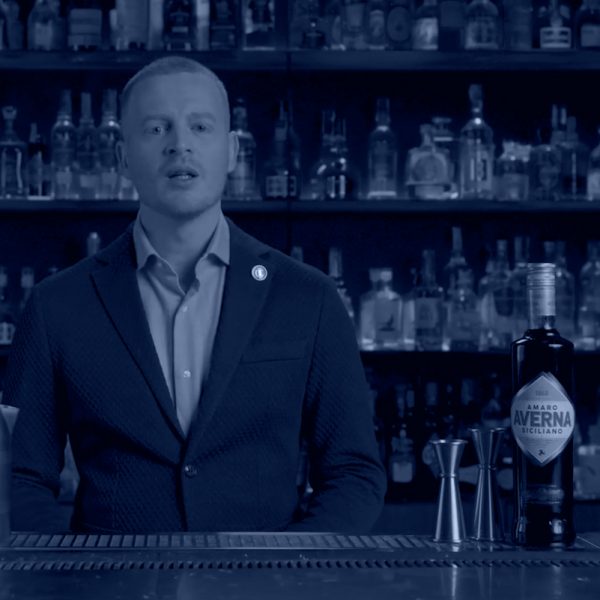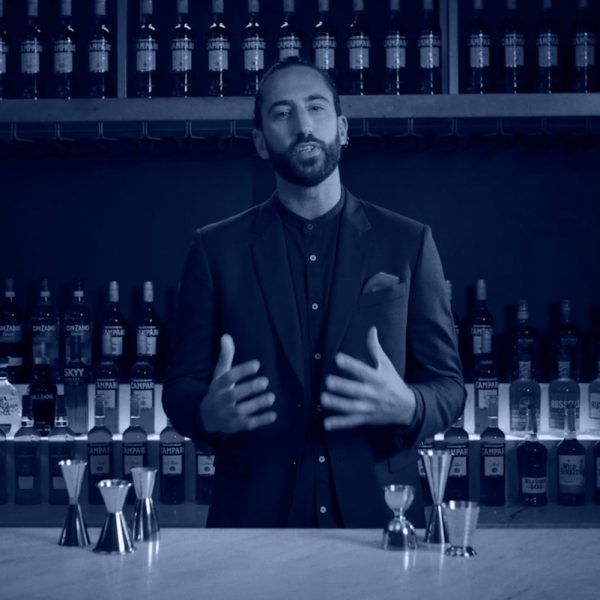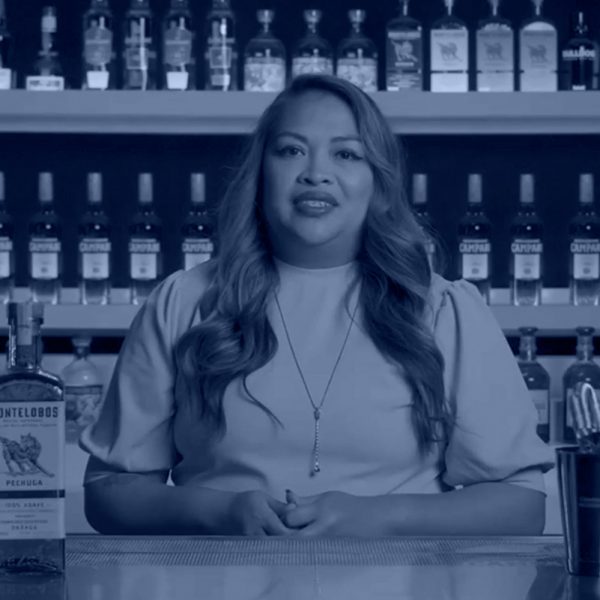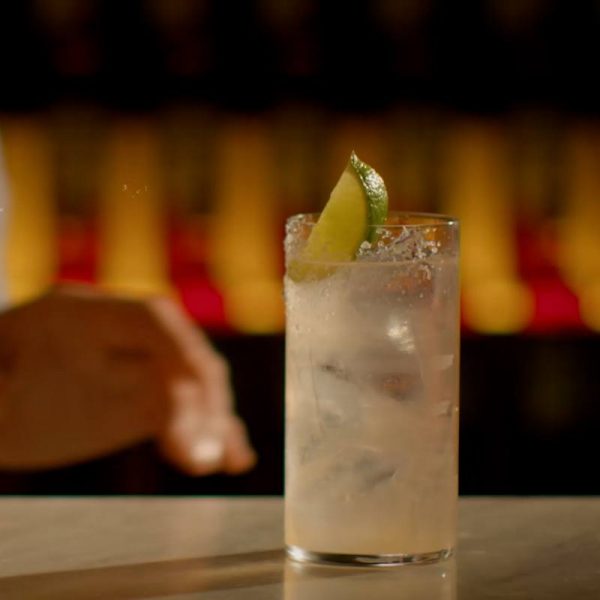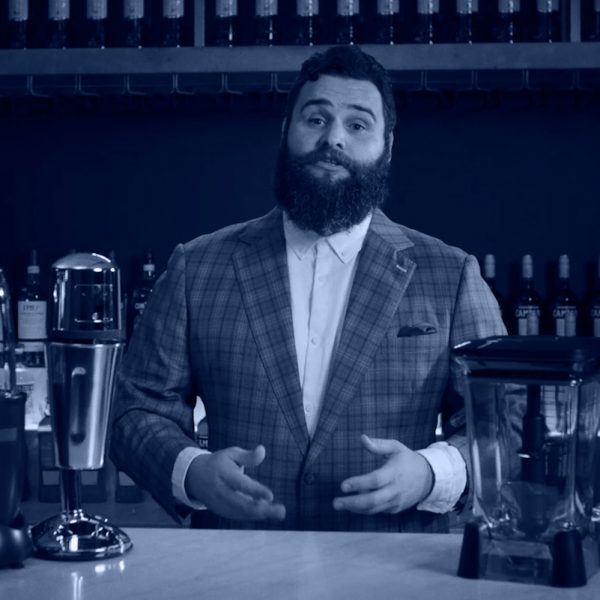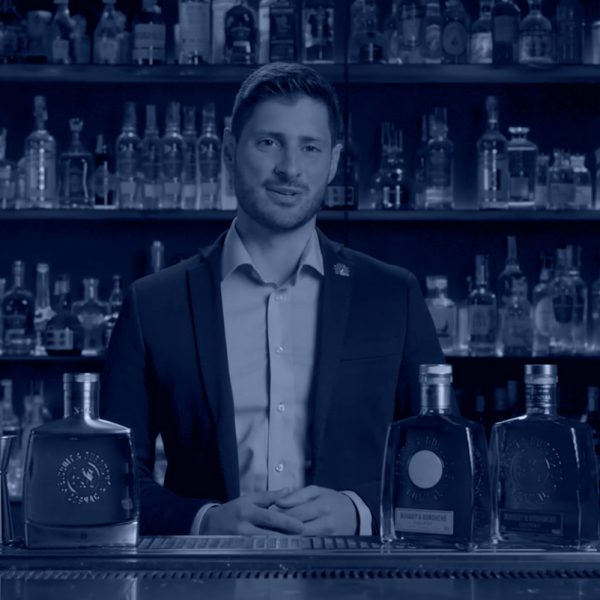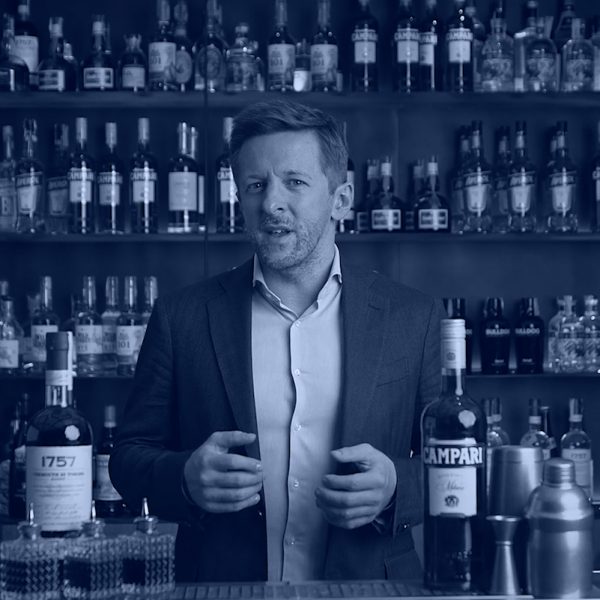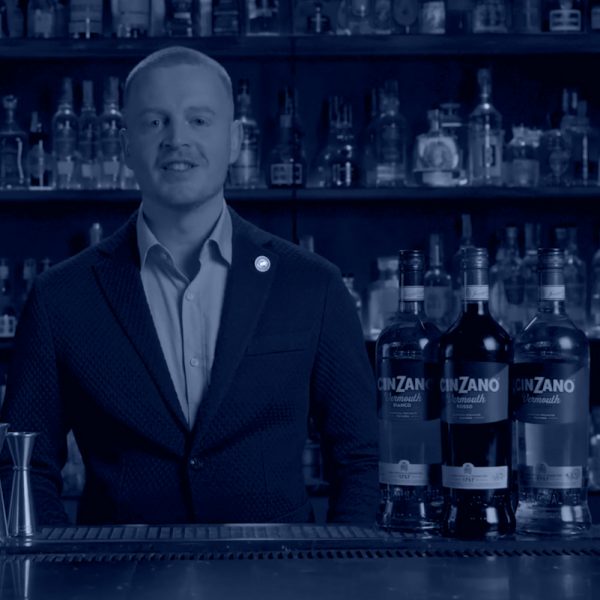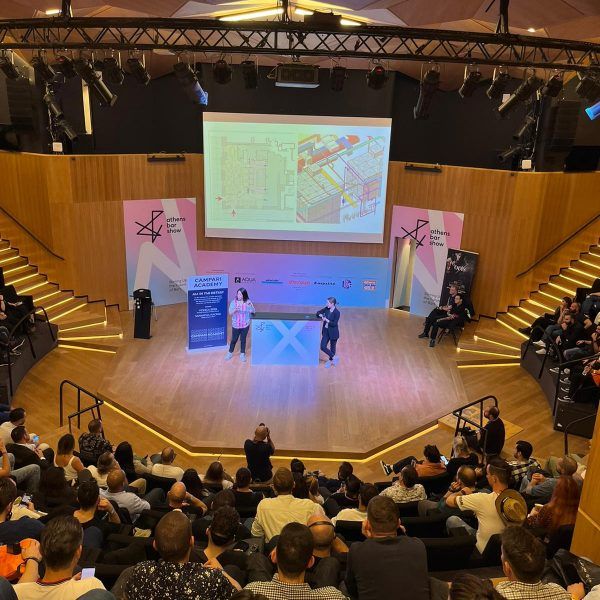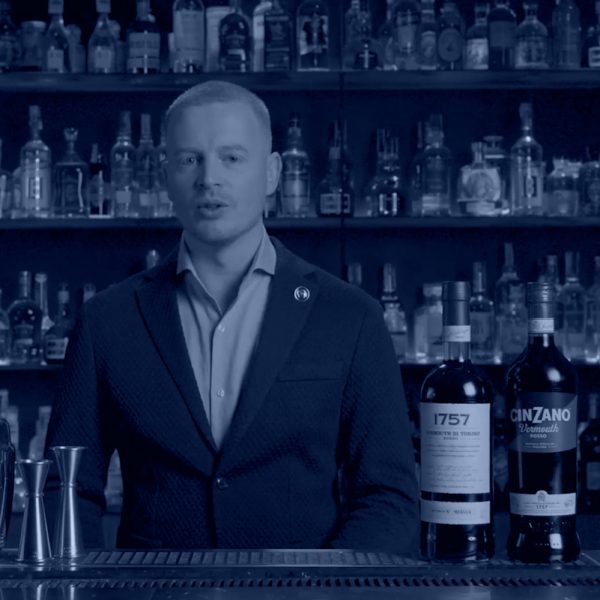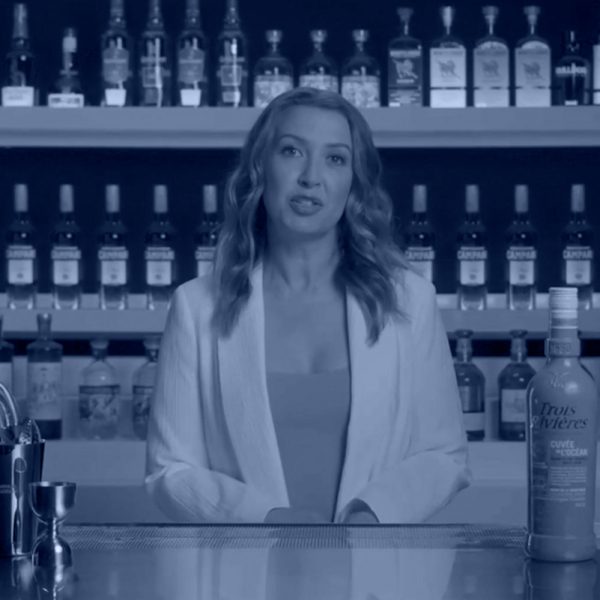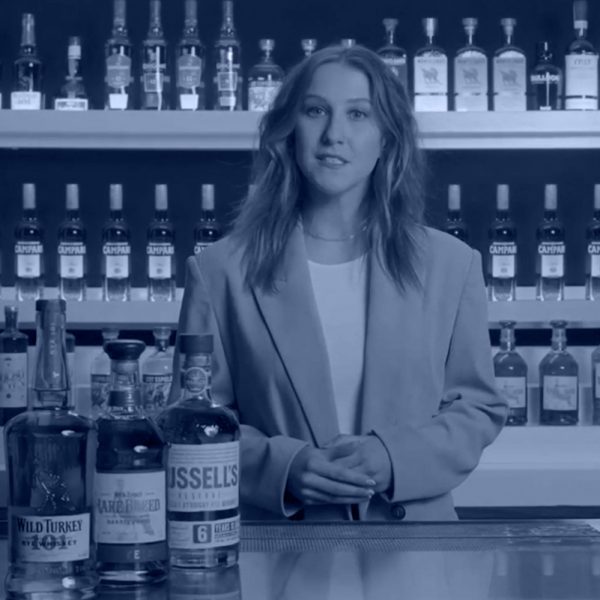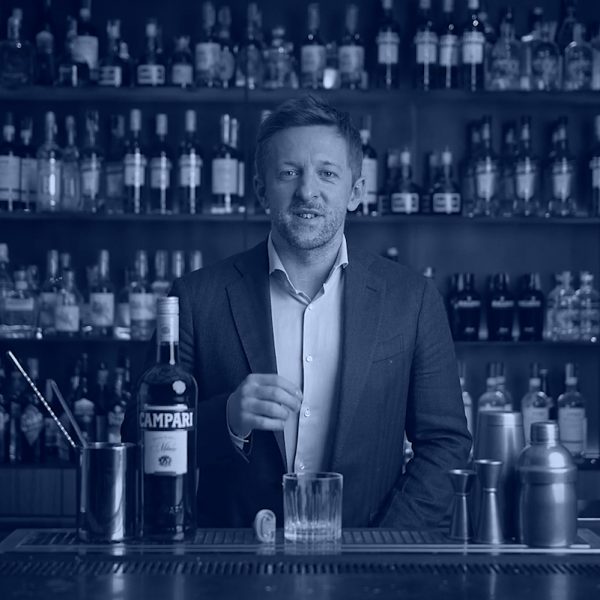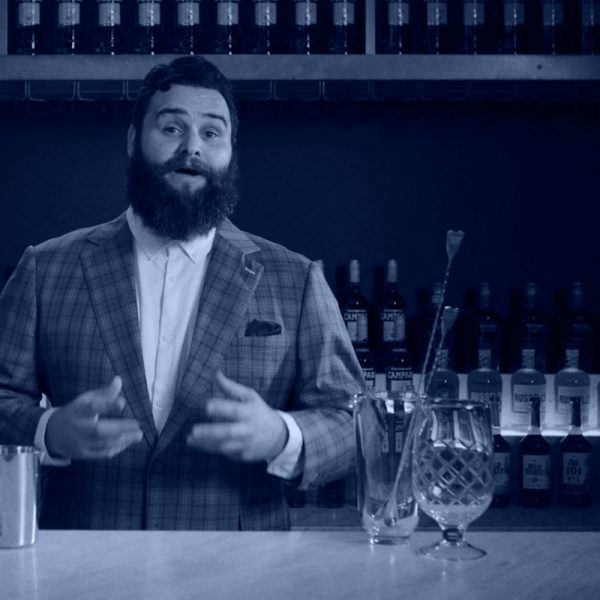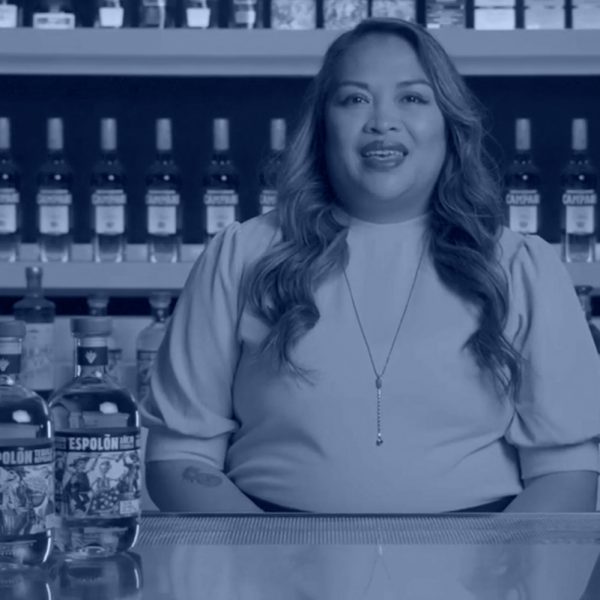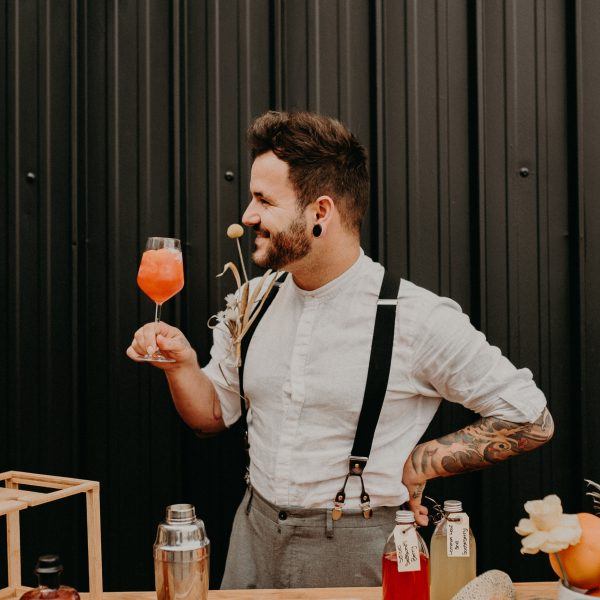The usual suspects: 5 people you should know if you want to open a bar

A bar is only as good as the team running it, but it’s equally important to set your business up for success. Monica Berg highlights some of the key players who’ve helped her over the years, and whom she’d be lost without
1. The lawyer
Depending on where in the world you are, there are different types of lawyers needed if you want to open a bar – or licensed venue.
Firstly, you’ll need a good corporate lawyer to help you set up your business, and in my experience, when there are multiple stakeholders, having a good shareholders’ agreement in place from the beginning will save you a lot of (potential) trouble later. I started my first business when I was very young, but I still remember the advice I received from my father: Make sure you agree on the shareholders’ agreement while you still like each other. If you need to use it, it’s already too late to save the ‘relationship’ but at least you can make sure you get a fair ‘break up’.
I now fully appreciate the need to have legal support in any contract negotiation, because the slightest change in wording can be so significant in the end.
The next threshold you’ll often face is negotiating the lease, and this process often starts with negotiating the ‘heads of terms’ (also known as ‘letter of intent’) which is a document done pre-contract. This is not a legally binding document, but it does state the intentions of both sides, and is less costly than the contract negotiation process. This process was probably the most surprising part to me the first time I went through it – and if I’m completely honest, at the time it just felt like we were bleeding money. Retrospectively, I now fully appreciate the need to have legal support in any contract negotiation, because the slightest change in wording can be so significant in the end.
To learn how to read a legal document or contract is something I would highly advise to anyone – starting with your employment contract as a bartender. “A good lawyer will give you a better chance of fulfilling the potential of any deal. This can be by allowing you to benefit from any clever negotiating points as well as helping protect against downsides.” So says Rishi Malliwal, partner at SGM Law, who’s advised me on most of my contract negotiations over the recent years.
Then there’s licensing. This will vary too much depending on where you are in the world, but essentially this can be one licence to cover everything – food, drinks, alcohol and music – or it can be separate licenses, all of which you’ll need to apply for. Having a good licensing lawyer can help you better your terms, such as hours allowed to operate (not in all places), being allowed to serve outside, or what you can serve within the range of beverages (again, depending on where in the world you are).
2. The accountant

If you want to run a successful business, nothing is more important than having your finances in order. As a bar owner, we all dream of the day our bars will make a profit, but for a small business, perhaps even more important is to have a positive cash flow, because this will help ensure you can stay open not just today, but also in the future.
Being able to understand the ins-and-outs of your business financially is something that feels very empowering.
A great accountant will not only save you a lot of time, but potentially also save you a lot of money, especially if you aren’t too familiar with accounting principles. An accountant can also help you navigate and advise you, particularly in the beginning, until you become familiar with important financial reports such as P&L, balance sheets and cash flow statements.
It might not seem like a lot of fun, and maybe it isn’t: however being able to understand the ins-and-outs of your business financially is something that feels very empowering. It also makes you understand why you want creativity from your bartenders, not your accountant – but that’s a different article.
3. The broker
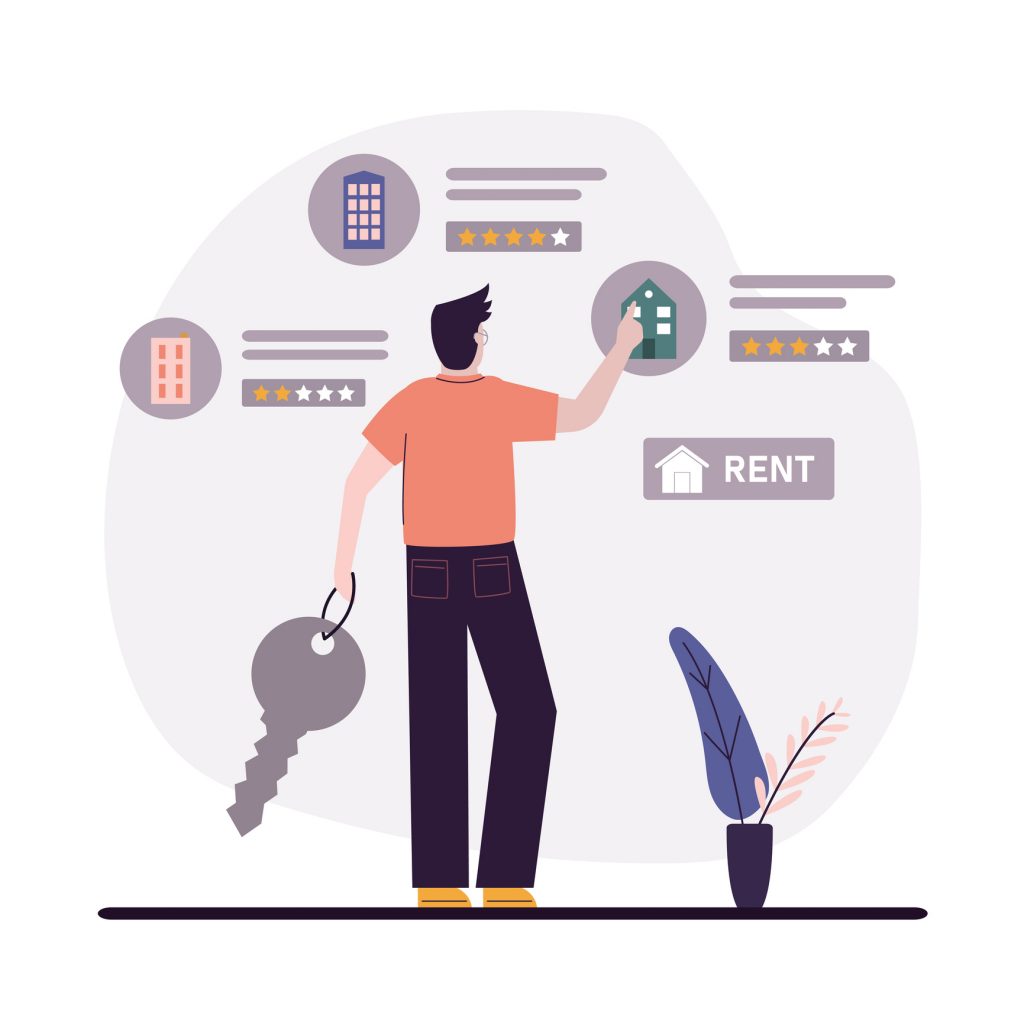
Ironically, you could say that one of the most frustrating parts of opening your own bar, is finding it. In the early stages of wanting to open Tayēr + Elementary, we struggled to find good locations, and at times, it seemed impossible.
One of the most frustrating parts of opening your own bar, is finding it.
Eventually, we were introduced to Nick Garston, MD of The Found Agency, a property broker who specialises in hospitality venues, and thanks to him, doors that we never even realised were closed, started to open: “Most properties aren’t visibly marketed and the broker, through connections, experience, and market know-how, will identify locations, sizes etc. with their clients, and search for options before assisting in negotiating the best deals, and provide advice and help until final completion,” is how he describes his role. As a grateful client, I can say his belief in us as rookie business owners, but not yet bar owners, was incredibly significant in us ending up where we are today – 152 Old Street.
4. The insurer
If I’m honest, for the longest time, I didn’t even know there was such a thing as insurance specifically aimed at different types of hospitality businesses. I also couldn’t imagine that when signing with an insurance company, they wouldn’t disclose that they were selling me a policy which wouldn’t provide the right financial protection for my bar. Some things you truly can only learn through experience, and this was one of those things.
As a bar, you will need cover for a wide range of things, starting from contents cover – meaning everything from fixtures, fittings and electric equipment – to product liability cover, in the case of illness caused by the food or drinks you serve. One thing worth mentioning here, is that when you do your contents cover, it’s really important to know that the stock – food and wet stock like spirits, wine and beer – does not fall into this category and needs to be addressed separately.
Insurance will never protect you completely, but at least it can help you reduce the monetary loss, if you are forced to close.
As an employer, you’ll need your employers’ liability cover, but also cover for operational risks such as theft, loss of licence, fire, vandalism or any other causes that temporarily prevent you from operation – and therefore result in a loss of revenue. Insurance will never protect you completely, but at least it can help you reduce the monetary loss, if you are forced to close for a period or if something unexpected happens.
5. The maintenance person
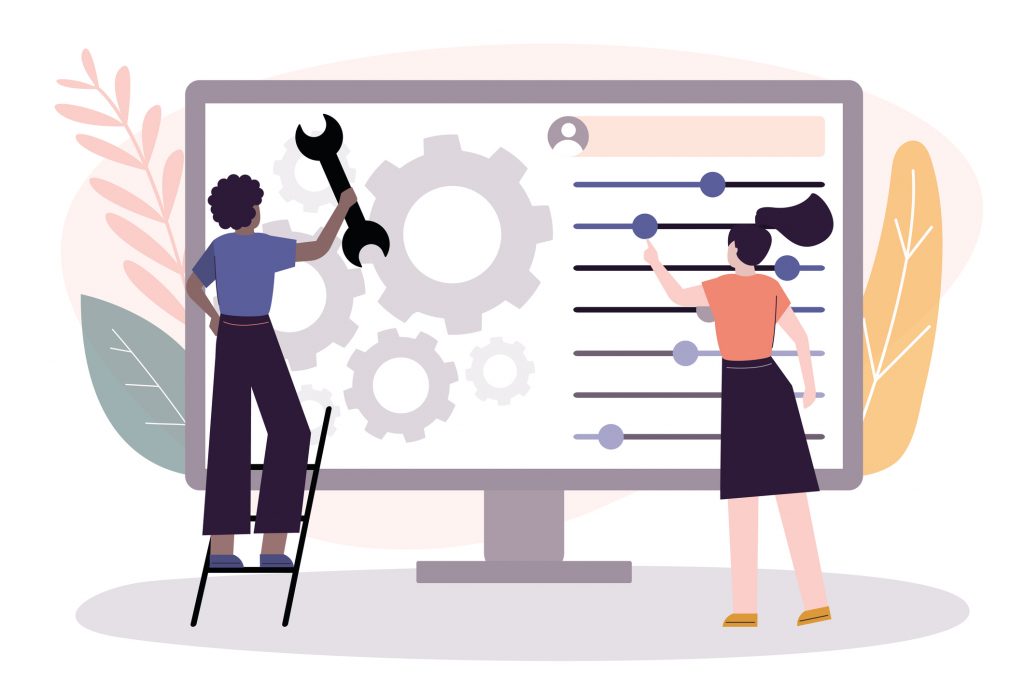
It doesn’t matter how careful or diligent you are when it comes to taking care of your venue or equipment: at some point, maintenance is unavoidable (not to mention, also a legal requirement for certain types of equipment and circumstances). Of course, smaller things like painting the walls, small touch ups on furniture, or unclogging a toilet you’ll be able to do yourself – but finding a good company to assist you with most or all major maintenance such as duct cleaning, emptying the grease trap or fixing a leak is as difficult as it is important!
The trick is to allocate time and money to constantly be doing smaller, preventative maintenance as you go, and hopefully you’ll be spared the bigger stuff. But when disaster strikes – and trust me, it will – you want to have someone picking up on the other side of your panicked call.
Allocate time and money to constantly be doing smaller, preventative maintenance as you go, and hopefully you’ll be spared the bigger stuff.
Bonus tip: Health & safety and HACCP
Let me just say this: If you want to be the best bar in the world, part of that ambition needs to include wanting to be the best when it comes to health & safety and HACCP (hazard analysis and critical control points) compliance.
Firstly, you need to have all your statutory documents in place, such as: HVAC (heater, ventilator and air conditioning) maintenance, annual fire drill, annual audit, insurance, legionella risk assessment, as well as all your risk assessments for specific activities – knife handling, equipment handling, ladder handling etc. – and you need to make sure they are maintained and up-to-date at any given time.
Then you’ll need to have in place a food safety policy and a HACCP plan: the HACCP plan keeps your food safe from biological, chemical and physical food safety hazards – and is a legal requirement.
Lastly is the daily compliance, such as opening and closing checklists, temperature logs and deliveries records. A few years ago, we decided to move from a paper-based system to an app called Hubl, to simplify our procedures and make it easier for everyone to keep records. It’s worked really well for us, but still, I see a lot of scepticism from the industry, mainly because you can’t go back and change the data – which, in my opinion, is one of the main advantages of making this shift.
As I said before, we need to raise the ambition, but raise it where it matters.


